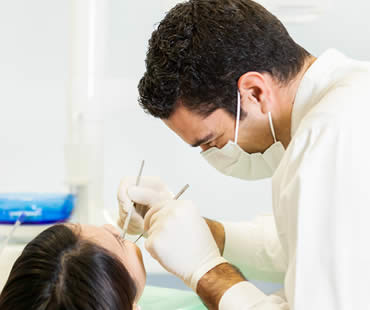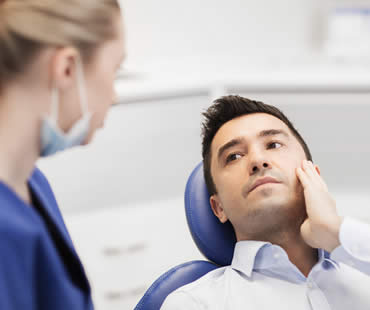Intravenous, or IV, dental sedation offers patients a way to remain completely relaxed while undergoing dental procedures. Those with dental phobias, severe anxiety, special needs, or other issues are able to obtain necessary treatment instead of avoiding trips to the dentist. IV sedation is an effective and safe process that makes you very relaxed and unaware of the dental work being done. You won’t even remember anything about treatment, allowing you to come away with a positive experience.
Becoming a candidate:
IV medications are delivered directly into your vein through a needle in your arm. You’ll need to schedule an appointment to discuss sedation with your dentist, and disclose any medical conditions and medications (both prescription and over-the-counter) you are taking. A thorough examination will be conducted, X-rays or other tests may be performed, and a discussion of all aspects of IV sedation is necessary to determine if this treatment is right for you.
Going to your appointment:
Arrange for a friend to drive you to and from your appointment, because you may feel drowsy at first. It is advised not to drive, return to work or school, or make important decisions for a day following sedation so that the medication has time to completely wear off. In some cases, your dentist may give instructions for fasting prior to your procedure.
During your procedure:
Qualified, well-trained professionals will be doing your anesthesia and procedure. You will be monitored the entire time to ensure your safety and comfort. The IV will be placed in your arm, and some patients request an additional method of mild sedation be used if needles are upsetting. When the dental work is complete, the sedation will be reversed and you will become more alert to go home.
Recovering from your appointment:
Follow all of the instructions from your dentist about after-care, which will vary depending upon your procedure. Any grogginess you might feel from the sedation usually wears off after a few hours, so plan on resting before returning to your normal routine.
Our dental office is located in Weymouth
















